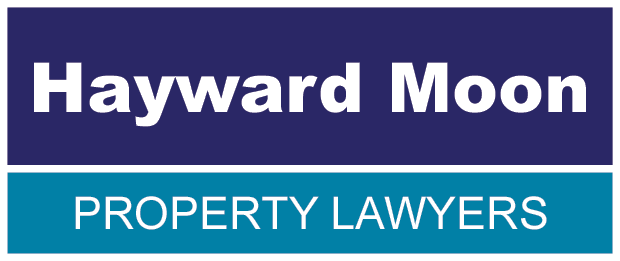When selling a property, delays in obtaining the necessary documentation can significantly slow down the legal process. To ensure a smoother and efficient sale, it is advisable to gather all relevant paperwork in advance when you market your property. Being proactive not only reassures buyers but also helps conveyancers progress the sale more quickly.
Here’s a checklist of key documents every seller should prepare:
1. Boiler Service Certificate & Installation Paperwork. Most buyers and mortgage lenders expect evidence of a recent boiler service to confirm the system is in safe working order. If your boiler hasn’t been serviced in the last 12 months, arranging this before marketing your home is highly advisable.
Additionally, if your boiler was installed or replaced, you should have an installation certificate such as OFTEC (Oil Boiler) or GASAFE (Gas Boiler) confirming it was fitted by a registered professional. Missing documentation could cause issues when buyers conduct their surveys.
2. Chimney Sweep Certificate & HETAS Certificate. If your property has an open fireplace or wood-burning stove, a valid chimney sweep certificate demonstrates that it has been properly maintained and is safe for use. Many insurers and buyers will request this as part of their due diligence.
For wood-burning stove installations, ensure you have a HETAS certificate. This confirms that the installation complies with building regulations and was carried out by a registered installer. If the certificate is missing, a buyer may request retrospective approval from the local authority, which could delay the sale.
3. Guarantees and Warranties
If you have had work done on your home—such as new windows, roofing, damp proofing, or even structural repairs—gather any guarantees or warranties you received at the time. These documents offer buyers peace of mind and, in some cases, may be necessary for insurance or mortgage purposes.
4. Planning Permission and Building Regulations Compliance. If you have extended or altered the property, ensure you have copies of:
Listed Building Consents
Planning permission approvals (if applicable).
Building regulations certificates for any work requiring compliance, such as structural alterations, new electrics, or window installations.
Completion certificates from your local authority or private building inspector.
Without these documents, buyers may hesitate, or their mortgage lender may raise concerns, leading to costly delays.
5. Electrical Safety Certificates & Competent Person Scheme Certificates. If electrical work has been carried out on the property—whether a full rewire, a new circuit, or even additional sockets—the work should have been signed off under Part P of the Building Regulations. Ensure you have:
An Electrical Installation Condition Report (EICR) – Not a legal requirement for selling, but a useful document to reassure buyers.
Competent Person Scheme certificates (such as NICEIC, ELECSA, or NAPIT) – If electrical work has been completed by a registered electrician, they should have provided a certificate confirming compliance with regulations.
Why Preparation Matters
By having these documents ready before listing your property, you can help prevent last-minute delays and keep your sale on track. Buyers’ solicitors will request them as part of their due diligence, and missing paperwork can cause unnecessary stress and even jeopardise a sale.



